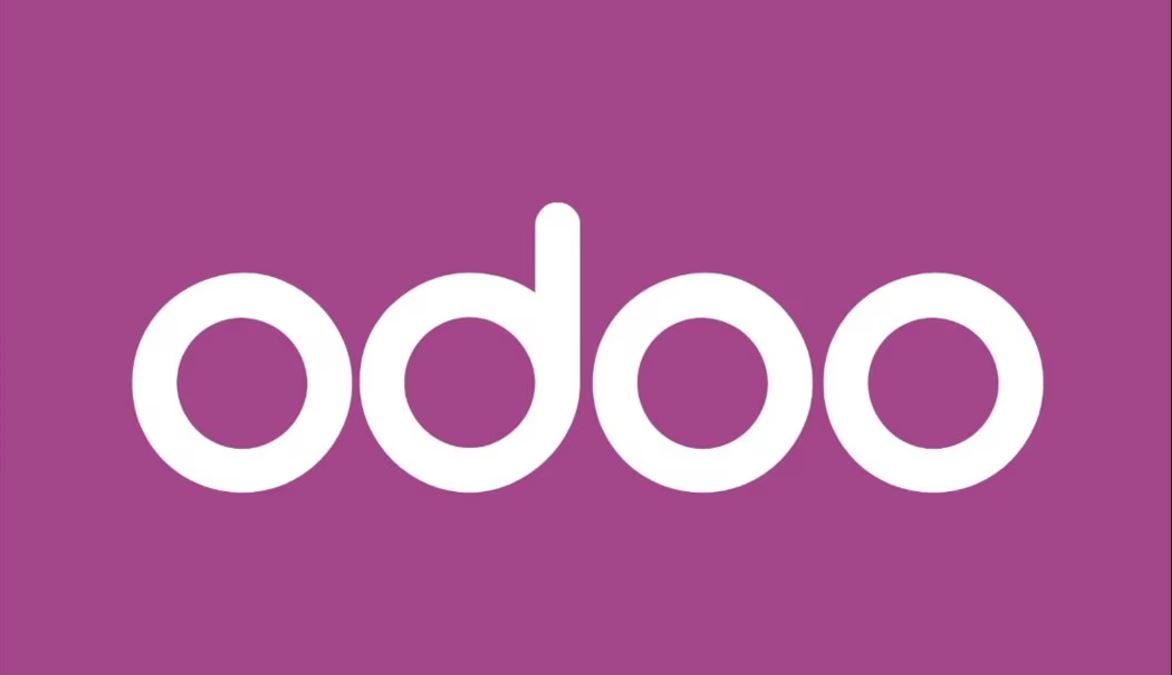Odoo, a Belgium-based enterprise software company, has reached a valuation of €5 billion following a secondary share round.
Led by Alphabet’s CapitalG and Sequoia Capital, the €500 million round allowed early investors and employees to cash out some of their shares.
Odoo has disrupted the enterprise resource planning (ERP) space with its open-source platform, offering over 80 applications for functions such as accounting, customer relationship management (CRM), human resources, e-commerce, and more.
Although the company is IPO-ready, Odoo has chosen to stay private, focusing on flexibility and sustained long-term growth.
How Odoo is transforming ERP software for SMEs
Odoo has become a key player in the fragmented ERP software market by addressing the complexities faced by small and medium-sized enterprises (SMEs).
Its open-source software caters to businesses seeking tools for inventory, e-commerce, and point-of-sale without the high costs or complexity of traditional solutions like SAP.
Currently, 80% of Odoo’s revenue comes from its open-source offerings, while the remaining 20% is derived from paid licenses.
By allowing users to modify its software for free, Odoo has created a global community of users while retaining a profitable business model.
Last year, Odoo reported billings of €370 million and aims to exceed €650 million by 2025, setting sights on €1 billion by 2027.
CapitalG and Sequoia see growth in Odoo
The €500 million investment underscores CapitalG and Sequoia’s confidence in Odoo’s scalability.
Both firms acquired shares from existing investors, including Summit Partners and Noshaq, during the latest secondary round.
Summit Partners, which remains Odoo’s largest institutional shareholder, expressed ongoing support for the company’s direction.
Andrew Reed, a partner at Sequoia, highlighted the challenges of simplifying ERP systems for SMEs across different countries.
He noted that Odoo’s success lies in balancing accessibility with comprehensive features—a feat most competitors have struggled to achieve.
Founded 22 years ago by Fabien Pinckaers, Odoo’s journey is far from the typical Silicon Valley narrative.
The company started in a modest farm office in Belgium and grew organically through bootstrapping.
Today, its global operations span multiple offices, with research and development headquartered in Belgium.
Pinckaers, who has relocated to India with his family, is now focused on expanding the company’s footprint in South Asia.
Odoo employs a dual revenue model that blends open-source flexibility with licensed software sales.
This strategy has positioned it as a disruptor in the ERP market, enabling the company to compete with larger players while maintaining cost efficiency.
Staying private to prioritise long-term goals
Despite being at an IPO-ready scale, Odoo has chosen to remain private.
CEO Fabien Pinckaers views this as a strategic advantage, allowing the company to focus on innovation without the pressures of quarterly earnings reports.
Odoo’s private investors, including Alphabet’s CapitalG, share this vision and are not pushing for an immediate public listing.
Pinckaers has also never sold his shares, emphasizing his commitment to Odoo’s mission and long-term growth.
The company’s most recent primary funding round was in 2014 when it raised $10 million.
Since then, it has relied on secondary sales to provide liquidity for early investors and employees.
Odoo’s trajectory reflects its commitment to sustainable growth and innovation.
The company is rapidly expanding its partner network and investing in marketing to capture a larger share of the ERP market.
With projections to achieve €1 billion in billings by 2027, Odoo aims to solidify its status as a global leader in enterprise software.
The post What is Odoo, and why is Alphabet investing in it? appeared first on Invezz

